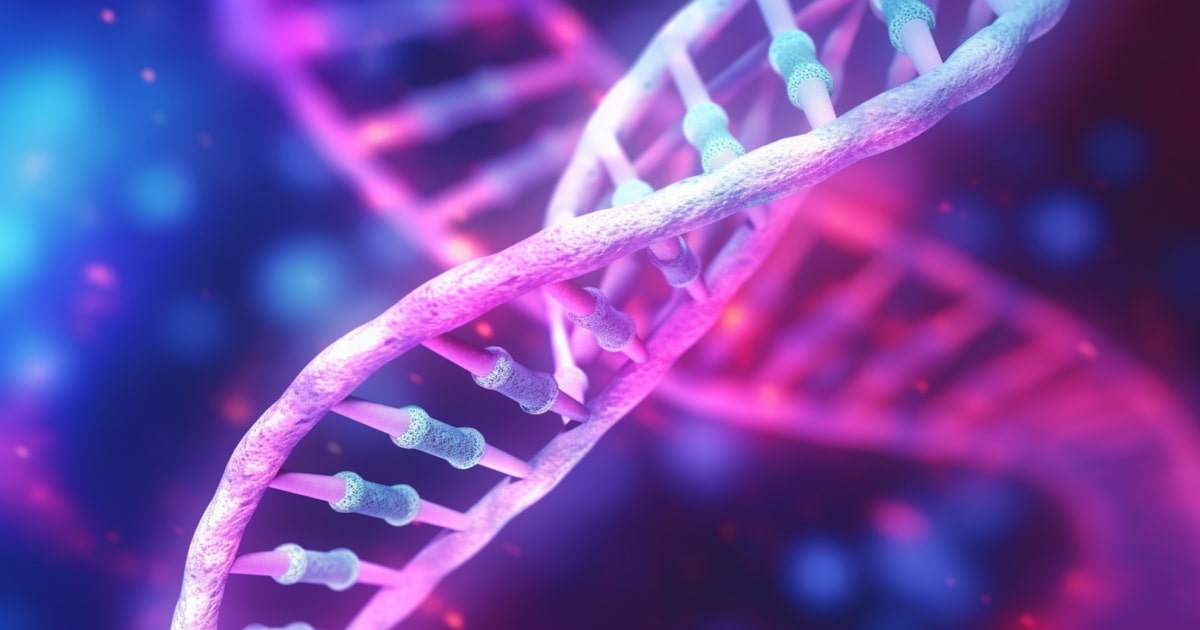
Expert Reviewed By: Dr. Brandon Colby MD
Understanding the Syndrome: A Multifaceted Genetic Condition
Craniofacial dysmorphism, skeletal anomalies, and impaired intellectual development syndrome 2 (CSS2) is a rare genetic disorder characterized by a combination of distinct physical features and developmental challenges. Patients with this syndrome typically present with unusual facial appearances, skeletal abnormalities, and varying degrees of intellectual disability. The condition is caused by mutations in specific genes, which play crucial roles in the development of the craniofacial region, skeletal system, and cognitive abilities.
Recent studies have shed light on the genes involved in CSS2, including the NFIX gene, which is associated with Malan syndrome (Sotos syndrome 2), and the RSK2 gene, which is implicated in Coffin-Lowry syndrome. Additionally, the FBRSL1 gene has been linked to a novel malformation syndrome, and the RPS6KA3 gene has been associated with a Chinese pedigree presenting with intellectual disability, short stature, digit abnormalities, facial dysmorphism, and menstrual disorder.
Diagnosing CSS2: The Importance of Genetic Testing
Given the diverse genetic factors contributing to CSS2, accurate diagnosis can be challenging. Clinical presentations may vary significantly among patients, and some features may overlap with other genetic syndromes. Genetic testing plays a crucial role in the diagnosis of CSS2, as it can help identify the specific gene mutations responsible for the condition and provide a more definitive diagnosis.
Uses of Genetic Testing in CSS2: Confirming a Diagnosis
Genetic testing can be used to confirm a diagnosis of CSS2 in patients with characteristic features of the syndrome. By analyzing the patient's DNA, healthcare providers can identify the presence of mutations in genes such as NFIX, RSK2, FBRSL1, and RPS6KA3. Confirming a diagnosis through genetic testing can help guide appropriate medical interventions and support services for the affected individual.
Uses of Genetic Testing in CSS2: Identifying At-Risk Family Members
As CSS2 is a genetic disorder, family members of affected individuals may also be at risk of carrying the gene mutations. Genetic testing can be used to identify at-risk family members, enabling them to make informed decisions about family planning and access appropriate healthcare services if needed.
Uses of Genetic Testing in CSS2: Prenatal Screening
For families with a known history of CSS2, prenatal genetic testing can be performed to determine if an unborn child is affected by the syndrome. This information can help expectant parents make informed decisions about their pregnancy and prepare for the potential medical needs of their child.
Embracing the Power of Genetic Testing for CSS2 Management
Genetic testing has revolutionized the way healthcare providers diagnose and manage rare genetic disorders like CSS2. By identifying the specific gene mutations involved, medical professionals can provide targeted interventions and support services to improve the quality of life for affected individuals and their families. As research continues to uncover new genes and molecular mechanisms associated with CSS2, the potential for more accurate diagnoses and targeted therapies will only continue to grow.
About The Expert Reviewer
Dr. Brandon Colby MD is a US physician specializing in the personalized prevention of disease through the use of genomic technologies. He’s an expert in genetic testing, genetic analysis, and precision medicine. Dr. Colby is also the Founder of and the author of Outsmart Your Genes.
Dr. Colby holds an MD from the Mount Sinai School of Medicine, an MBA from Stanford University’s Graduate School of Business, and a degree in Genetics with Honors from the University of Michigan. He is an Affiliate Specialist of the American College of Medical Genetics and Genomics (ACMG), an Associate of the American College of Preventive Medicine (ACPM), and a member of the National Society of Genetic Counselors (NSGC)